The 10th EURIE Eurasian Higher Education Summit, organized by the Eurasian Universities Union (EURAS), was held in Istanbul between April 8 and 10. The summit, with the participation of 65 countries, brought together over 2,000 international education leaders, academics and industry representatives.
During the summit, international officials from the higher education sector joined the event, and one key figure was Zambry Abdul Kadir, Malaysia’s minister of higher education. I had the chance to meet him and ask questions related to education and the relations between both countries.
Being a coffee enthusiast, before diving into the official and more formal content, I asked him if he preferred Turkish coffee or Turkish tea more. He enthusiastically replied: “Turkish coffee! My wife and I drink Turkish coffee every morning!”
Speaking about their activities during the visit, Abdul Kadir highlighted that one of the key agreements was signed, co-chaired by professor Erol Özvar, president of Türkiye’s Council of Higher Education (YÖK).
“For the first time ever, we marked a truly historic moment in the relationship between our countries in higher education,” he said. “We finally signed our Joint Commission Meeting (JCM) on Higher Education agreement, which signifies that we have taken a significant step forward to becoming true partners in higher education.”
Abdul Kadir explained the significance of the JCM and its role in strengthening the relationship between Malaysia and Türkiye. “As you know, in Asia, for those who understand how diplomacy works between countries, we must focus on certain areas to demonstrate the seriousness of our relationship,” he stated. “If we want to deepen our ties, we will explore the mechanisms that govern our relationship.”
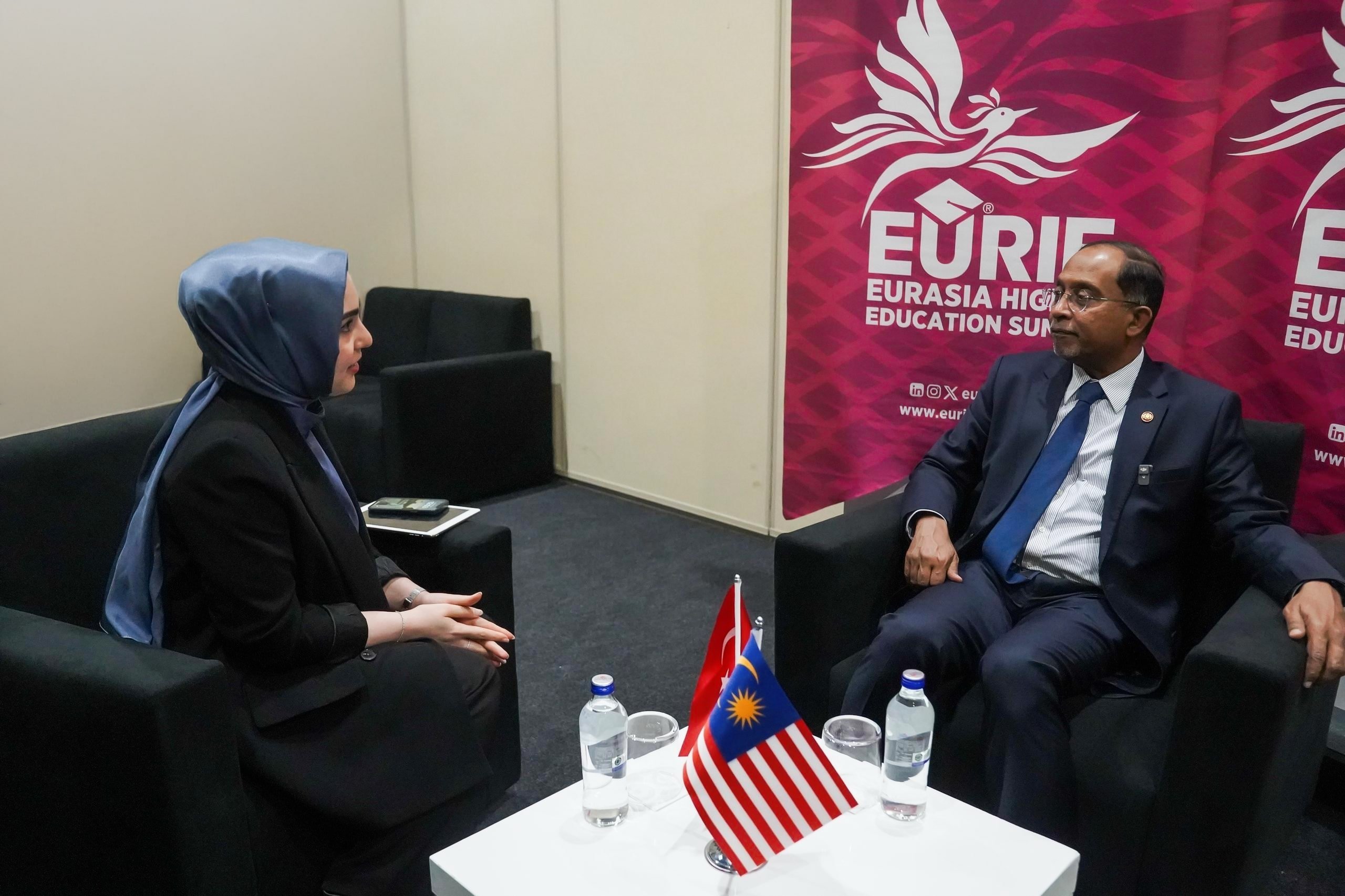
He further explained the JCM’s structure: “This will be an annual event between the two countries where we will discuss areas of collaboration and address any concerns. If any issues arise that require immediate attention, we will sit down and resolve them. Every year, both sides will present their views and work together to identify key areas for development.”
He added: “From now on, we will hold our annual meetings focused on higher education, alternating between the two countries. This year, we are meeting here in Türkiye, and next year, Malaysia will host Türkiye’s counterparts. This exchange will continue in such an alternating manner.”
He also stated that is not just a symbolic gesture, but a platform for real action, “It’s not just a matter of signing papers and holding ceremonies where nothing happens,” he said. “When it comes to the JCM, there will be actions. We will have key takeaways for both countries, with concrete steps to implement what we have agreed upon.”
When asked about Turkish students in Malaysia and the plans for student exchange programs between the two countries, Abdul Kadir shared the importance of fostering stronger mobility. “As such, we need to have our exchange program, especially in the area of student mobility between the two countries,” he explained.
He highlighted Malaysia’s strong international student presence. “For example, in Malaysia now, we have students from 140 countries enrolled in our universities, consisting of close to 130,000 students,” he shared. “Imagine, we have that. As such, we are organizing programs for all these international students.”
Abdul Kadir emphasized the growing importance of AI in education and daily life. “AI is playing a central role, not only in education but in our lives. Everything is connected to AI’s application as an enabler,” he said.
He outlined Malaysia’s efforts to embrace AI, including university collaborations. “We launched the Malaysian Universities AI Networks consortium last year, under the prime minister’s leadership.”
Referring to the initiative as a “nexus,” Abdul Kadir explained, “All universities are working together to advance in AI.” He noted that universities have introduced AI-focused courses and revamped faculties, including communications, to meet AI’s demands.
When asked about his vision for the next five to 10 years of higher education in Malaysia, Abdul Kadir answered: “Good question. This aligns with our current policy. We have completed our preparations for the next decade.”
He explained the process, noting that Malaysia’s Ministry of Higher Education has a blueprint for education that is updated every 10 years. “This year marks the final year for our previous plan, which spanned from 2015 to 2025,” he said. “We have now completed our new blueprint for 2025 to 2035.”
Abdul Kadir shared that the new blueprint includes 10 major shifts in education, alongside necessary reforms. “One of the key focuses will be the internationalization of education,” he said. “The future of education, especially over the next five to 10 years, will be a completely different landscape. We must consider not only the demands of our own country but also the global nature of education. Our goal is to produce graduates who are equipped to engage with the world.”
When asked about his advice for students choosing fields of study, Abdul Kadir said students should first follow their passion, but after that, he emphasized the importance of considering the country’s needs.
He stressed the need for more graduates in the science, technology, engineering and mathematics (STEM) fields, particularly in engineering and science, while acknowledging the importance of the humanities.
“For both Türkiye and Malaysia, we need more engineers, but we also value the humanities,” he noted.
Abdul Kadir highlighted that students should choose fields that align with both personal interests and future national demands. “Look at what the nation requires and choose fields that are in demand for the future.”

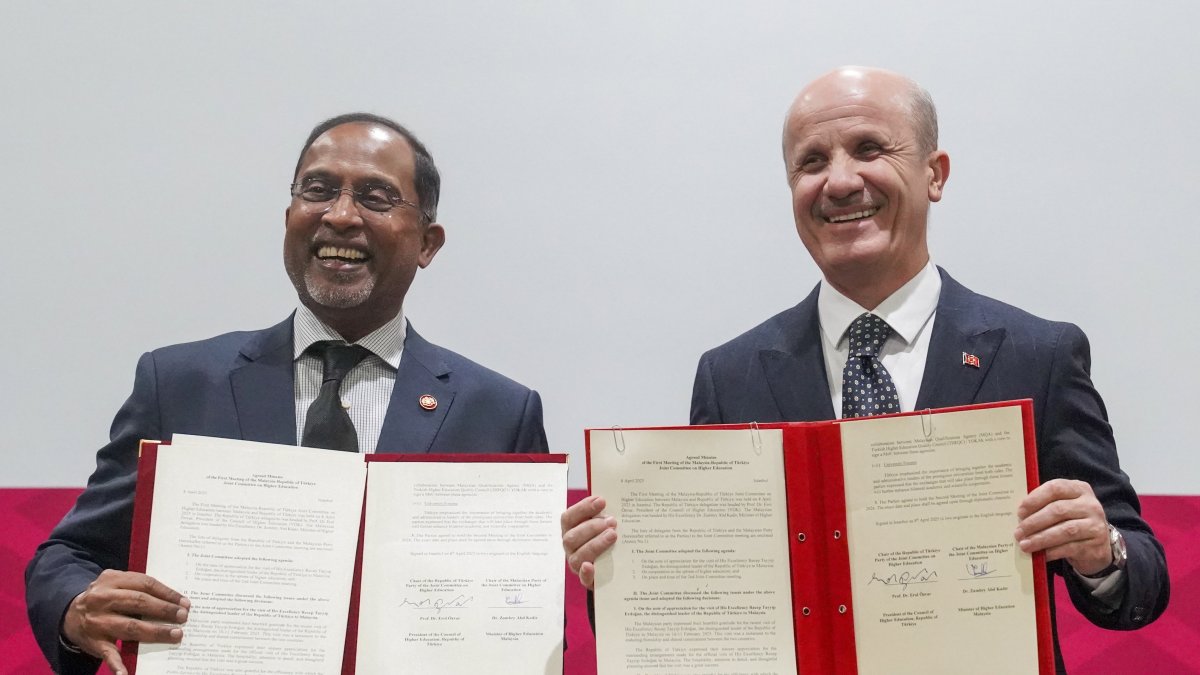








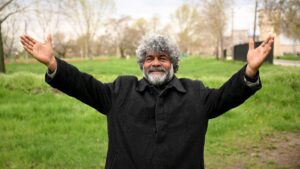


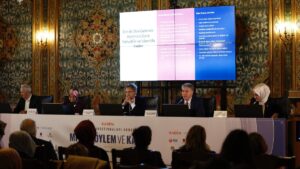


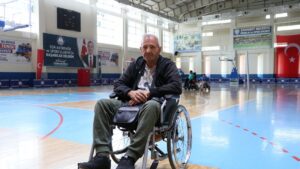
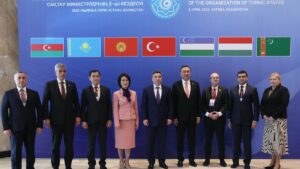
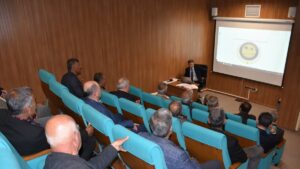












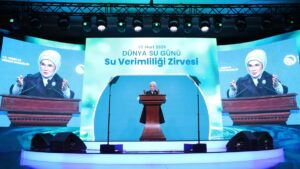



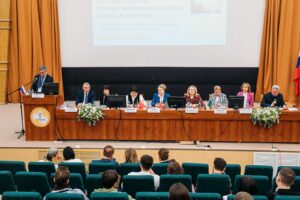









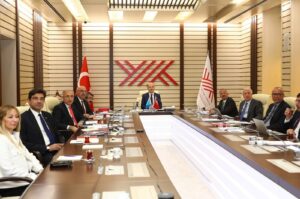


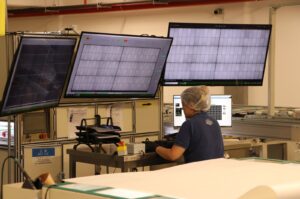


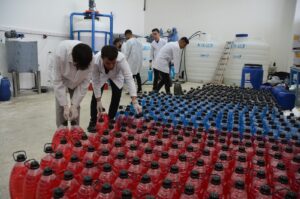
Be First to Comment